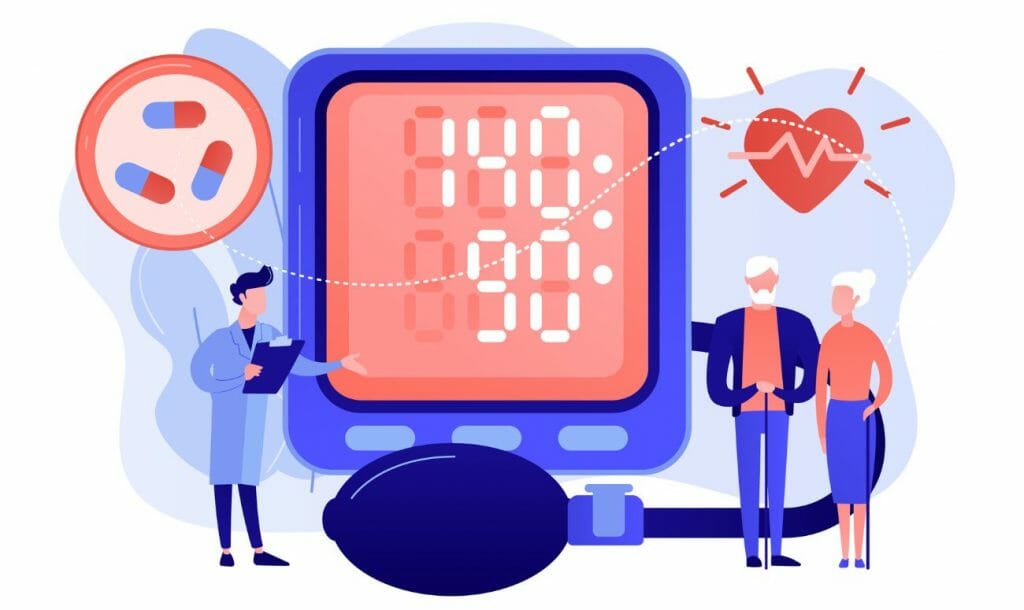Meditation is a mind-body practice that trains the mind to relax and also promises to keep your blood pressure (BP) in check. A new study suggests that meditation, specifically transcendental meditation, stimulates genes that produce telomerase – an enzyme that’s linked with lower blood pressure and mortality. Our blood pressure can rise due to various factors such as age-related narrowing of the arteries, underlying medical conditions, stress, and excessive sodium intake, amongst others. Meditation can manage your blood pressure and boost your defense against heart disease, stroke, and chronic kidney disease.
Apart from stress, it’s also the activities we indulge in when we are stressed such as skipping workouts or meals, having a drink to unwind, gorging on fast food, etc. It’s alright once in a while but regularly indulging in such behaviours can cause the BP to rise, increasing our risk of heart attack, stroke, and other serious conditions.
So, how does meditation work to lower our blood pressure?
Studies have found that the practice of meditation may affect activity in the autonomic nervous system (ANS) that regulates our blood pressure. Practicing meditation calms the activity in the sympathetic nervous system; known to narrow the blood vessels in response to stress and increases activity in the parasympathetic nervous system; known to promote widening of the blood vessels.

What type of meditation is most effective?
Transcendental meditation is a type of Mantra Meditation, but do not get it confused with Mantra meditation. Also, the goal of transcendental meditation is to go beyond the thinking process. Unlike other meditation techniques, this meditation emphasizes the fact that the human mind can go into a tranquil state without outside effort, but only if it is given the right tools. The tools that TM uses are mantras.

In transcendental meditation, we silently repeat a word, sound, or phrase in order to stop distracting thoughts from entering the mind. Studies have concluded that transcendental meditation may be effective for controlling BP as it may have the potential to reduce systolic and diastolic blood pressure by approximately 4.7- and 3.2-mm Hg, respectively. For reference, the former is the top number in a blood pressure reading and the latter is the bottom number.
However, relying solely on meditation as a means of keeping your blood pressure in check is not the right way to go. As we mentioned in the beginning, BP rises due to several factors and those should be taken into consideration when you’re consciously trying to lower your BP. In order to achieve balance, you should follow a healthy diet, limit your intake of sodium and drinks, exercise regularly, maintain a healthy weight, and avoid smoking. If it gets too difficult to maintain, consult a healthcare professional as self-treatment and delaying can have serious consequences.
Read more: How Meditation Offers Significant Heart Benefits
Like & Follow ThinkRight.me on Facebook, Instagram, Twitter and Telegram to stay connected.






























